Brain Center Research Day 2020
It is with great pleasure that we would like to invite you to the upcoming UMC Utrecht Brain Center Research Day 2020, taking place on Friday November 27, 2020.
Unfortunately, we were not able to organize this event on site due to Covid-19 restrictions. Thus, this edition will be virtual, but the good news is that it will be accessible for all of you! So, not only for the researchers who are actually working in the UMC Utrecht Brain Center, but also for anyone who is interested in the program and the speakers.
The program of the UMC Utrecht Brain Center Research Day 2020 will include talks on the latest neuroscience developments in both fundamental and clinical research, brain storming sessions, “meeting the experts” moments and some nice surprises for all participants. Furthermore, the winners of the Rudolf Magnus Young Talent Fellowship and other prizes will be announced.
We hope this will be an inspiring day for all of you and it will give you new ideas and motivation for the future.
Details
Program
09:30-09:35 Welcome organizing committee
09:35-09:40 Welcome Jeroen Pasterkamp
09:40-10:25 Session I - Fundamental research of the UMC Utrecht Brain Center
09:40-09:55 Jessy van Asperen - The effect of GFAP alterations on glioma cell proliferation, migration, and cell survival
09:55-10:10 Andreia Duarte - Non-coding RNAs and their role in pharmacoresistant epilepsy
10:10-10:25 Frank Meye - Comfort for the troubled mind: unravelling the neural basis for stress-feeding
10:25-10:50 UMC Utrecht Brain Center Bingo
10:50-11:05 Young talent - Winners of the Rudolf Magnus Young Talent Fellowship
11:05-12:00 Keynote lecture - When fundamental research meets clinical research
Cora Nijboer & Manon Benders - Intranasal mesenchymal stem cell therapy for the injured neonatal brain: from bench to bedside
12:00-12:30 Lunch break
12:30-13:00 Breakout session - Connecting Worlds: all you need to know about the new UMC Utrecht strategy
13:00-13:45 Session II - Clinical research of the UMC Utrecht Brain Center
13:00-13:15 Daniel Vijlbrief - Big Data for Small Babies
13:15-13:30 Catrin Finkenauer - Why loneliness is a risk for (mental) health: The power of social relationships
13:30-13:45 Jan Veldink - Unravelling the genetic architecture for personalized, genetic-based treatments
13:45-13:55 Prizes
13:55-14:00 Final words organizing committee
Jessy van Asperen
The effect of GFAP alterations on glioma cell proliferation, migration, and cell survival
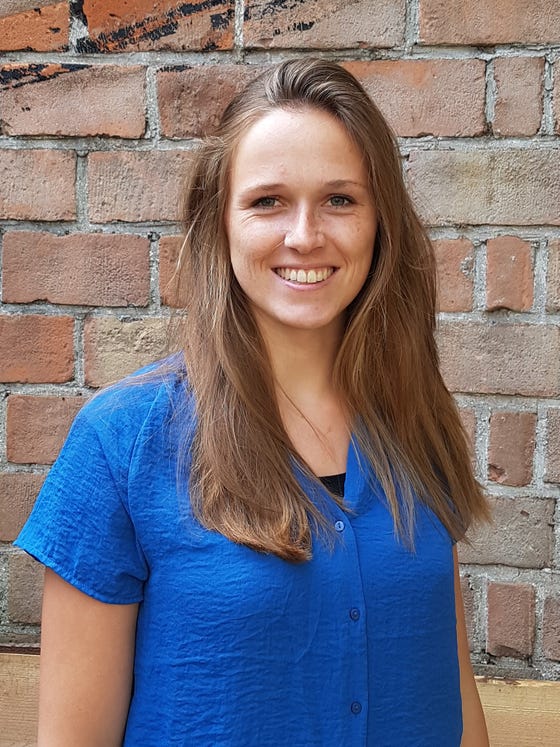
Gliomas are the most common form of malignant primary brain tumours in adults. The highly invasive nature of these tumours makes the disease incurable to date, emphasizing the importance of gaining a better understanding about the mechanisms of glioma invasion. In my PhD project, I study the role of the cytoskeletal intermediate filament (IF) network in glioma malignancy, with a focus on the IF protein glial fibrillary acidic protein (GFAP). By combining CRISPR-Cas9 technology and in vitro models, we are investigating how altered GFAP expression levels, as observed in patient material, affects glioma cell invasion in the mouse brain ex vivo and in vivo. In this presentation, I will discuss the latest findings on how modulation of GFAP affects glioma cell proliferation, migration and cell survival.
Andreia Duarte
Non-coding RNAs and their role in pharmacoresistant epilepsy
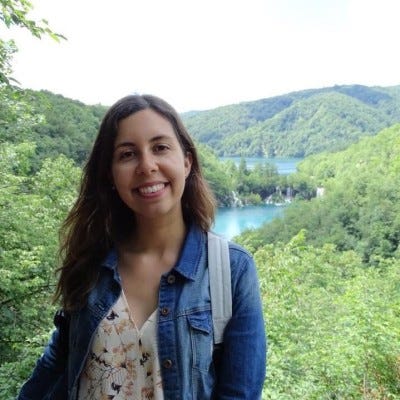
I am currently in the last year of my PhD in Neuroscience under the supervision of Jeroen Pasterkamp in the UMC Utrecht.
For the past 3 years I have been investigating the mechanisms by which the non-coding transcriptome can be associated with neurodegenerative diseases. I do this by combining animal and in vitro models of disease with different biochemical assays.
Today’s talk will be mainly focused on a small class of non-coding RNAs, circRNAs, and their role in pharmacoresistant epilepsy. These molecules are deregulated in Temporal Lobe Epilepsy and can act via distinct molecular mechanisms. Ultimately, we aim to understand these and unravel potential therapeutic targets that can be used in patients suffering from chronic epilepsy.
Frank Meye
Comfort for the troubled mind: Unravelling the neural basis for stress-feeding
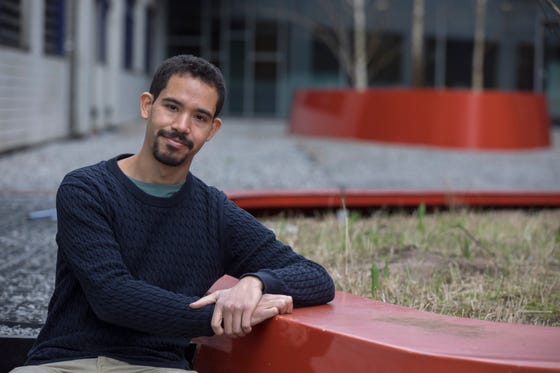
Stress can trigger the overconsumption of tasty high-caloric food. In vulnerable individuals this contributes to the development of obesity or eating disorders. Tentative evidence points to disturbed interplay between the dopamine reward system and prefrontocortical, hypothalamic and limbic systems. However, the exact adaptations that stress drives within these networks to alter eating remain limitedly understood.
We use naturalistic social stressors in mice to model stress-eating. We use high-resolution neurophysiological measurements to study how stress functionally alters cortico-hypothalamic-limbic-midbrain networks. We then use targeted interventions to test causality between specific network changes and effects of stress on food intake.
Overall this research strives to understand the neurobiological underpinnings of stress-eating.
Cora Nijboer
Intranasal mesenchymal stem cell therapy for the injured neonatal brain: from bench to bedside
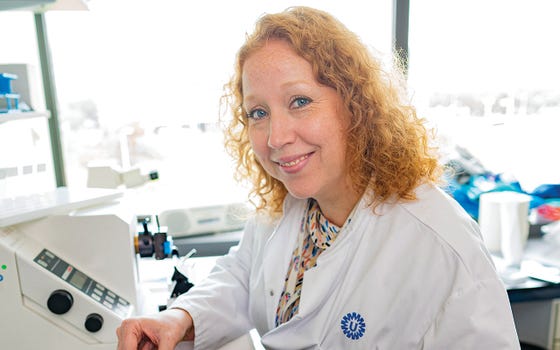
Cora Nijboer studied Medical Biology at Utrecht University and graduated in 2003 with honors. She joined the Department for Developmental Origins of Disease (DDOD) of UMC Utrecht as a PhD student in 2003. She now has >17 years experience in preclinical/translational research aimed at development of novel neuroprotective and neuroregenerative therapies for perinatal brain injury. She has developed multiple clinically relevant in vitro and in vivo models for neonatal brain injury as well as analysis techniques to assess outcome in animal models of neonatal brain injury. Together with her team and Prof. Hoebeek and Dr. de Theije, and the team of Prof. Benders (Dept. Neonatology) she aims at bringing novel therapeutic strategies from bench to bedside to protect or repair the newborn injured brain. She has been working with industrial partners, like Chiesi Pharmaceuticals and Nutricia Research on development of novel therapies for the injured neonatal brain. Nijboer supervises a team of PhD students, post-doctoral researchers, (bio)technicians and students.
Manon Benders
Intranasal mesenchymal stem cell therapy for the injured neonatal brain: from bench to bedside
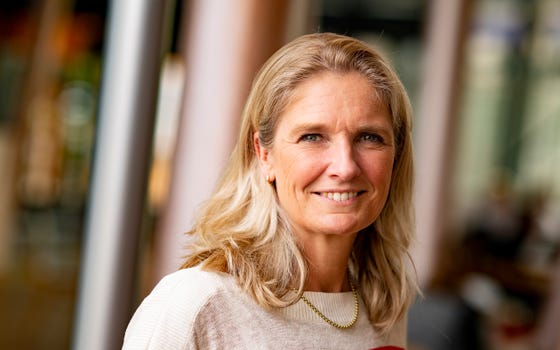
I am a consultant neonatologist in the Wilhelmina Children’s hospital of the UMC Utrecht, the Netherlands. I was working as a senior clinical lecturer, King’s college London and honary consultant in Neonatology at Guy’s and St Thomas' NHS Foundation Trust in 2014. I did a research fellowship at UCLA in 1997, USA and a neonatal neurology fellowship at University of Geneva (Prof. dr. P.S. Hüppi) in 2006-2007. The research focus of our group is on brain development and neonatal brain injury using advanced quantification MRI techniques predicting neurodevelopmental outcome and developing neuroprotective/ neuroregenerative strategies to improve lingterm outcome. I coordinate several clinical (inter) national therapeutic trials. I supervise several PhD students and clinical research fellows, working in different national and international research projects.
Daniël Vijlbrief
Big Data for Small Babies
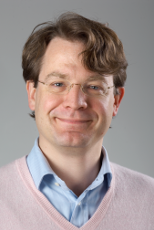
Daniel Vijlbrief (1975) studied at Millersville University of Pennsylvania through the Fulbright scholarship program. Returning to the Netherlands, he studied Medicine at Utrecht University. He specialized in Pediatrics in Utrecht and Tilburg. He continued in Neonatology in the Wilhelmina children’s hospital in Utrecht and the Isala Clinics in Zwolle. He works as a consultant neonatologist in Utrecht. In 2015, he finished his Ph.D. in Medicine with the title ‘Cardiac Biomarkers in Neonatology’. He is currently investigating the possibilities of Big Data in neonatal medicine, the Big Data for Small Babies (BD4SB) project. This project aims to build an early warning system and decision support tool for late-onset neonatal sepsis. Furthermore, investigations are on the way to apply Deep learning to retinopathy of prematurity. Future research will be directed toward bringing algorithms to clinical care in newborn medicine with the ultimate of improving the outcome of infants on the NICU smartly.
Catrin Finkenauer
Why loneliness is a risk for (mental) health: The power of social relationships
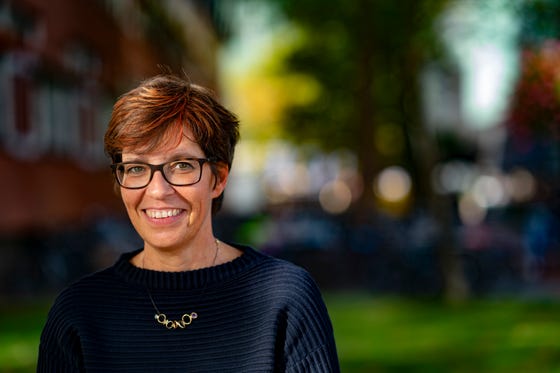
Catrin Finkenauer is professor Youth Studies at the University of Utrecht and scientific director of Dynamics of Youth. Dynamics of Youth is an interdisciplinary research institute designed to foster research collaborations within and between Utrecht University and society to accelerate research and education that helps all youth to thrive and become constructive, engaged citizens actively contributing to solving present and future societal challenges.
Jan Veldink
Unravelling the genetic architecture for personalized, genetic-based treatments
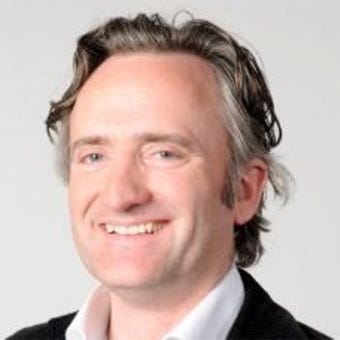
The overall aim of my research is to understand the genetic and environmental causes of ALS and related diseases, and to understand how one mutation has various clinical outcomes. I have a past performance with innovations both in the development of a custom reference panel that allowed the interrogation of rare genetic variation in a large sample of genotyped cases and controls. Currently, I am leading a large-scale international collaboration (Project MinE). The project is in the process of whole-genome sequencing 15,000 ALS cases and 7,500 population-matched controls (with > 10,000 genomes completed already).
Today’s talk will highlight the search for genetic causes in neurological disorders, and how understanding these genetic abnormalities can be translated to viable treatment options. The talk will highlight several recent advances in ALS in genotype-targeted treatments and pharmacogenetic interactions.
When
Van Friday 27 November 2020
10:00 AM uur
Tot Friday 27 November 2020
3:00 PM uur
Location
Online, widely accessable
